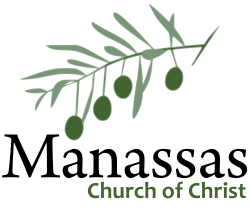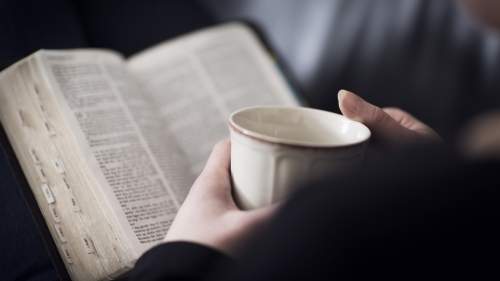On June 4, 1844, the last surviving pair of Great Auks were bludgeoned to death by Jon Brandsson and Sigurd Islefsson on Eldey Island off the coast of Iceland.¹ The Great Auk was a remarkable bird. Flightless, it nonetheless migrated (by swimming) to Florida and back each year. It had the bad luck of meeting humans late and, like the dodo, never cultivated a healthy fear of sentient bipeds. Many thousands of species have become extinct, most without our noticing. Some others, like Martha, the last surviving Passenger Pigeon who died of old age in the Cincinnati Zoo on September 1, 1914, we turn into a media event.
Jon and Sigurd, the Icelandic fishermen who clubbed the last two Great Auks on earth to death, were not just a couple of guys out for a good time, or who had a hankering for Auk dumplings. They were hired by ornithologist Carl Siemsen, of Reykjavik, who provided stuffed Auks for museums. He was afraid a competitor might harvest the last remaining Auks, so he sent these gentlemen to clobber and collect the remaining specimens.
For almost a century the raccoons of the Bahamas, Guadalupe, and Barbados in the Caribbean have been considered endangered. Many lamented a few years ago when the raccoon variety living on Barbados was declared extinct. Efforts to save the raccoons on Guadalupe and in the Bahamas were redoubled—the raccoon even became the official symbol of Guadalupe. This effort ended three years ago when Harvard researchers determined that the raccoons were not native to these islands at all, but had been brought as pets by Americans in the 17th and 18th centuries and had subsequently escaped. Now, after a century of protection and hand wringing, conservationists are talking of eradicating these interlopers that threaten truly native species like the Bahamas Parrot.²
From the beginning, even before the Fall, humans were given the responsibility for managing well the resources of the planet—this includes animal and plant species (Genesis 1.28-31, 2.25). We haven’t been very good at it.
Now this is not an essay about responsible conservation. There are no quotes from John Burroughs, John Muir, Louis Bromfield, or Rachel Carson. My point is much simpler. It is this—we aren’t very bright…
...and even when we are bright, we aren’t often good.
I don’t know about you, but I found this all hilarious in a dark, Ambrose Bierce kind of way when I ran across these two articles independently and on the same day last week. There are only two Auks left on earth so some ornithologist decides to have them killed for his collection. For a century smart, concerned guys try desperately to save the Bahamian raccoons then turn on a dime and want them eradicated after some undergraduate student at Harvard writes a paper.
Of course, such thoughtlessness and cruelty are not limited to the disciplines of ornithology or even the broader field of life-sciences. It is too often true of life—human life. We are like that. We hurt each other so badly, so often, so creatively. Sometimes it is because we are being selfish or cruel. More often it is because we don’t think. I suspect more and lasting harm has been done by those sincerely motivated but pursuing a terribly misguided crusade to make things better for somebody, somewhere. O Henry, in his famous story The Gift of the Magi called repairing the ravages of “generosity added to love” “always a tremendous task, dear friends—a mammoth task.”
The Hebrew writer tells us that encouraging each other to love and good deeds must be preceded by thought (Hebrews 10.24). We are told by James to pray for wisdom (James 1.5) and by the apostle Paul to live circumspectly (Ephesians 5.15), and Jesus reminds us that seeing things clearly is the difference between living in light or darkness (Matthew 5.22-23).
I believe it is good to be regularly reminded that it is not in us to direct our own steps (Jeremiah 10.23) - that to live well is to live prayerfully, thoughtfully, deliberately.




